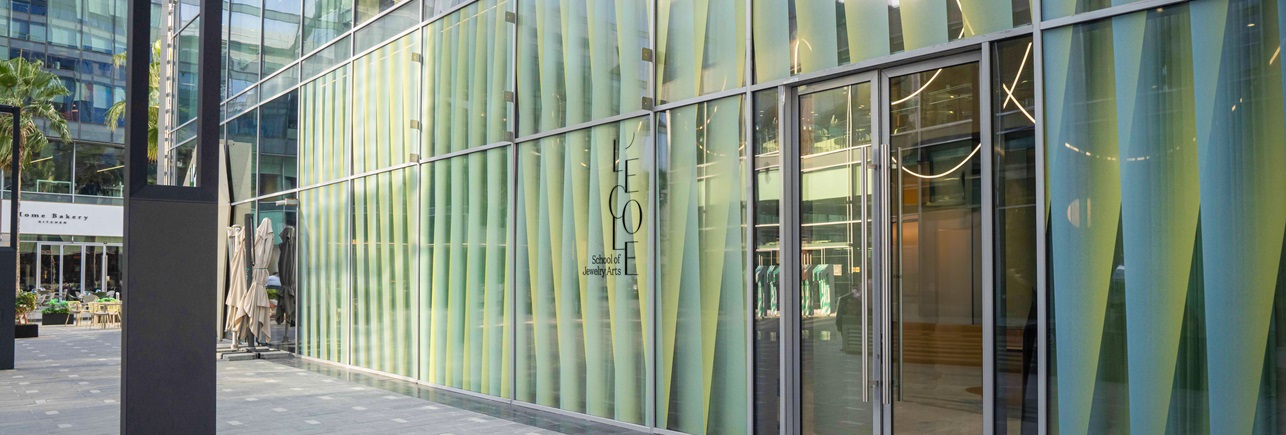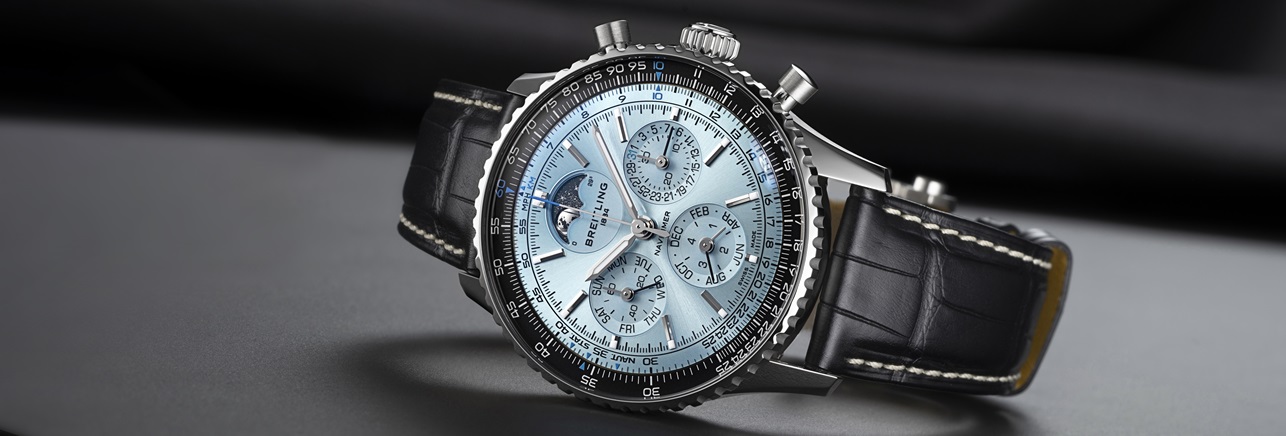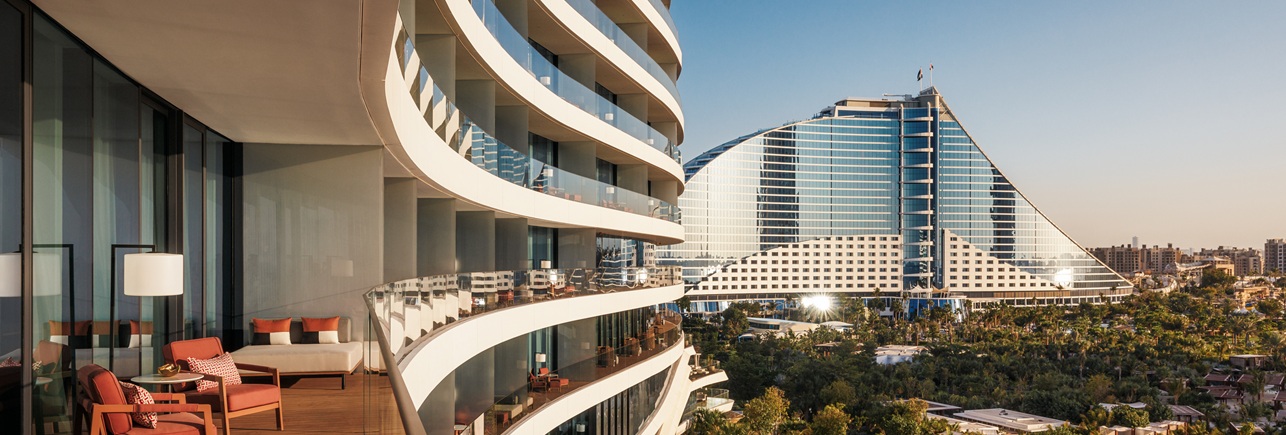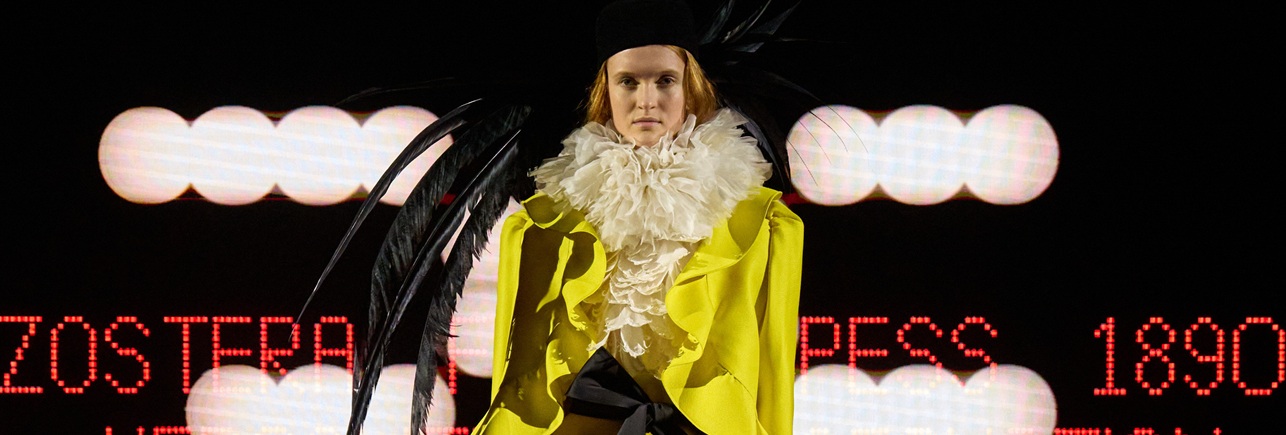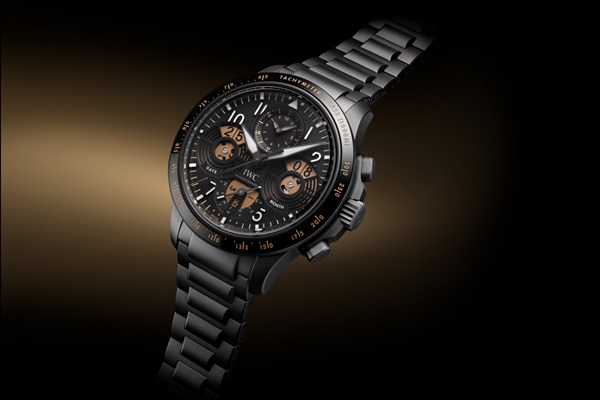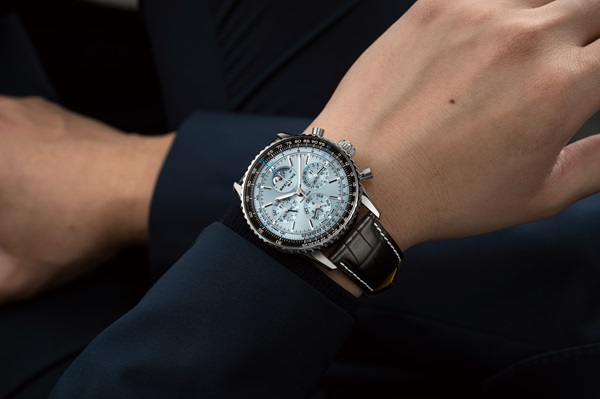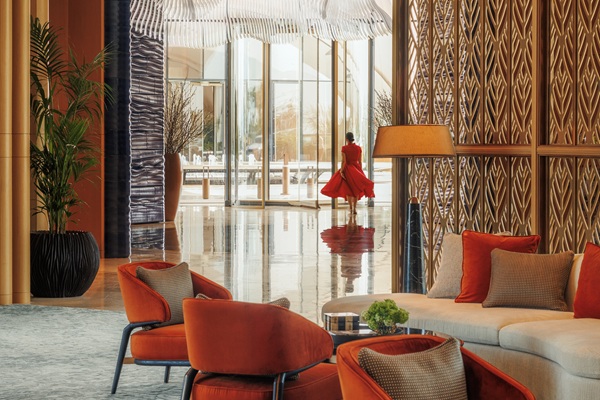Landmark judicial cooperation agreement boosts Sino-UAE trade ties

Trade ties between the UAE and China received a significant boost today with the signing of a landmark cooperation agreement between two of the countries’ key commercial courts.
The Shanghai High People’s Court, the foremost business court in the commercial and financial centre of mainland China, and the DIFC Courts have agreed to work together to achieve shared strategic objectives, provide the basis for future judicial exchanges and deliver legal excellence.
The DIFC Court is the first foreign commercial court to cooperate closely with the Shanghai High People’s Court, with the agreement designed to reinforce commercial links between the two countries by bringing certainty to businesses through enabling them to trade securely.
Annual trade between the UAE and China is estimated to be worth in excess of $55 billion, with more than 4,200 Chinese companies are currently operating in the UAE. The DIFC has particularly close links to China and is home to four of its biggest banks.
The agreement was signed by the respective heads of the two courts, Chief Justice Michael Hwang and Vice President Sheng Yongqiang, ahead of Dubai Week in China.
Chief Justice Michael Hwang said: “Given the strength of trade ties between the UAE and China, we have made forging links with our counterparts in the world’s second largest economy a strategic priority in recent years, particularly given UAE’s position as an important node for China’s ‘One Belt One Road’ initiative. We have now reached the stage where we can formalise these relationships and work together to make a significant contribution to the UAE-China relationship in relation to judicial matters. The DIFC Courts and Shanghai High People’s Court are at the heart of business in our respective countries, with this agreement creating a valuable framework to support the increasing number of companies operating between the UAE and China.”
In its official announcement, the Shanghai High People’s Court noted the “collaboration will act as a stimulus for economic and social development between the two countries.”
In a related but separate move, the DIFC Courts has published a guide for law firms and business on the mutual recognition and enforcement of monetary judgments in China and UAE. It has been drafted jointly by the DIFC Courts and King & Wood Mallesons, a leading global law firm with offices in the UAE and China, and provides detailed explanation as to how a DIFC Courts judgement can be recognised and enforced in China, and vice versa. The guide is based on the existing 2004 Judicial Assistance Treaty between the People’s Republic of China and the UAE and each court system’s own laws, and is available on www.difccourts.ae.

Tim Taylor, Managing Partner of King & Wood Mallesons Middle East, commented, “As one of China’s leading law firms, we are honoured to support DIFC Courts by jointly drafting this guide. It not only represents our close cooperation, but also provides valuable explanations for law practitioners in both countries.”
Since their jurisdiction was opened to businesses worldwide in October 2011, the DIFC Courts have established one of the world’s strongest enforcement regimes. Their judgments can be enforced internationally through treaties such as the GCC Protocol and Riyadh Convention; treaties with China and France; and arrangements with many common law courts overseas.

